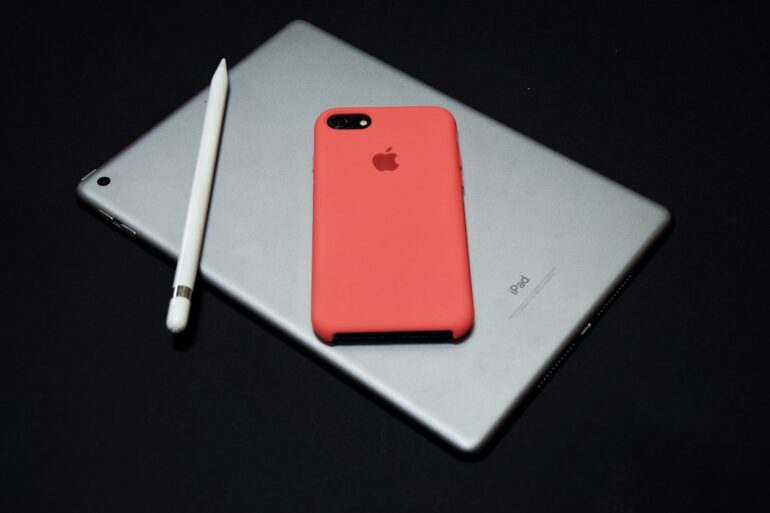TL;DR:
- Apple is rumored to introduce generative AI technology in late 2024.
- Analyst Jeff Pu hints at building AI servers, focusing on on-device processing.
- The rollout aligns with Apple’s commitment to user privacy.
- Possible generative AI features in iOS 18, with reports of integration into Siri.
- Concerns about Apple lagging behind competitors in this AI space.
- The surge in generative AI was catalyzed by ChatGPT, Google, and Microsoft.
- Apple’s internal project, “Apple GPT,” awaits a clear public strategy.
- Tim Cook emphasizes a thoughtful approach due to concerns of misuse.
Main AI News:
Apple, the tech giant renowned for innovation, is rumored to be gearing up for a groundbreaking move in the world of artificial intelligence (AI). According to Jeff Pu, an analyst covering Apple’s supply chain at Haitong International Securities, the company is set to introduce generative AI technology to its iPhone and iPad lineup, with a potential rollout as early as late 2024.
Pu’s insights, gleaned from meticulous supply chain checks, suggest that Apple is already making strides in this domain. In 2023, the tech titan is expected to build several hundred AI servers, with a substantial increase in the following year. Apple’s vision is to offer a blend of cloud-based AI and “edge AI,” which involves enhanced on-device data processing capabilities. However, it’s important to note that Apple’s journey into the realm of generative AI will require patience, as the company seeks to align its approach with its steadfast commitment to user privacy.
Should Apple adhere to its projected timeline, we could witness the integration of generative AI features as part of iOS 18 and iPadOS 18. The specifics of these features remain a well-guarded secret, but recent reports from The Information suggest a possible integration of large language models into Siri. This development could empower users to automate intricate tasks, possibly through deeper integration with the Shortcuts app, and may well become a highlight of iOS 18.
Nevertheless, there are lingering doubts about Apple’s ability to keep pace with its competitors in the generative AI arena. Supply chain analyst Ming-Chi Kuo has noted that Apple trails significantly behind its rivals. Given this, the late 2024 timeframe for generative AI implementation might prove overly optimistic, and we could be looking at a rollout beyond 2025.
The rise of generative AI has been nothing short of meteoric, catalyzed by OpenAI’s ChatGPT, which debuted last year. Google and Microsoft have since followed suit with their own chatbots, signaling a frenetic race in the industry. These chatbots, fueled by large language models, have demonstrated remarkable human-like responses, revolutionizing the way we interact with AI.
As for Apple, there have been murmurs of an internal project akin to ChatGPT, informally referred to as “Apple GPT.” However, the company has yet to devise a clear strategy for bringing generative AI tools to the public, leaving enthusiasts eagerly awaiting further details.
Apple’s public commitment to generative AI is evident through recent job listings that highlight the company’s ongoing research efforts. Apple CEO Tim Cook emphasized their approach, stating, “We’ve been working on generative AI for years and have done a lot of research. And we’re going to approach it really thoughtfully and think about it deeply because we’re fully aware of the not-good uses that it can have and the issues around bias and hallucination and so forth.“
Conclusion:
Apple’s foray into generative AI, potentially starting with iOS 18, signifies a strategic move to enhance user experiences and compete in the evolving AI landscape. However, challenges in catching up with rivals may delay its implementation, with potential market implications as competitors continue to innovate in this space. Apple’s emphasis on responsible AI aligns with its commitment to user privacy, a key factor that could influence consumer trust and adoption in this rapidly evolving market.

